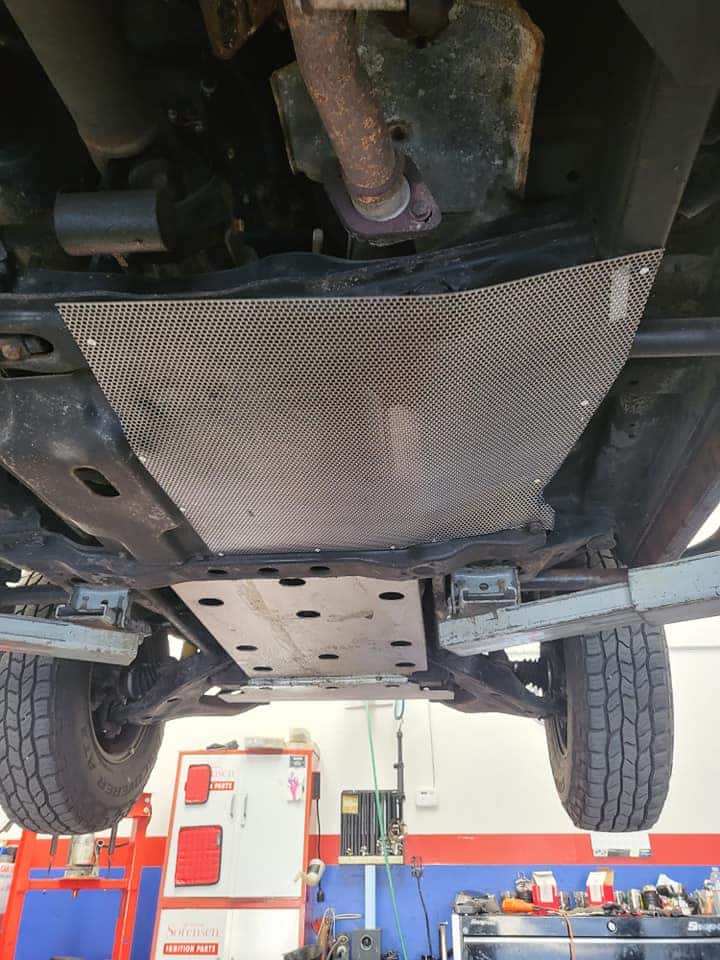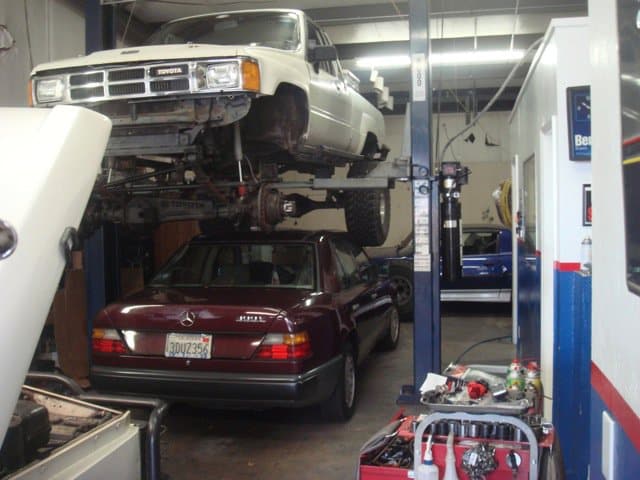You're at the auto repair shop, trying to decide between conventional or synthetic oil for your vehicle. The technician tells you synthetic is better, but it's also more expensive. So, what do you do? Well, before you make a decision, there's a few things you need to know about the two types of oil.
The Basics
Let's start with the basics. Conventional oil, also known as mineral oil, is derived directly from crude oil. It provides adequate lubrication and protection for most engines. On the other hand, synthetic oil undergoes additional refining and purification processes, which not only remove impurities but also enable individual molecules in the oil to be tailored to the demands of modern engines.
Performance
When it comes to performance, synthetic oil outshines its conventional counterpart. It's designed to resist high temperatures and maintain its viscosity, or flow, in cold conditions, which significantly enhances engine protection. For instance, if you live in an area with extreme temperatures, synthetic oil would be a better choice. It can handle the heat of a California summer and the chill of a New England winter.
Lifespan
Synthetic oil also wins when it comes to lifespan. While conventional oil usually needs to be changed every 3,000 to 5,000 miles, synthetic oil can last anywhere from 7,500 to 15,000 miles between changes. This longer interval between oil changes can not only save you time and money, but also reduce environmental waste.
Cost
Yes, synthetic oil is more expensive upfront. However, when you factor in the longer lifespan and better performance, it could save you money in the long run. Not to mention, the added protection it provides could prolong your engine's lifespan and avoid costly repairs down the road.
Vehicle Requirements
Some vehicles, especially high-performance or luxury models, may require synthetic oil. Always check your vehicle's owner's manual for the manufacturer's recommended oil type. If your vehicle requires synthetic oil and you opt for conventional, it could void your warranty.
So, is synthetic oil right for your vehicle? The answer depends on various factors including your vehicle's requirements, the conditions in which you drive, and whether you're willing to pay a higher price for better performance and protection.
Remember, changing your oil regularly is one of the most important maintenance tasks you can do for your vehicle. Whether you choose conventional or synthetic, don't neglect this crucial task.
Next time you're in Santa Rosa, CA, or anywhere in Sonoma County or Windsor, CA, and you need an oil change, drop by Sartorial Auto Repairs. We offer a variety of services tailored to your vehicle's unique needs. Don't leave your vehicle's longevity to chance, trust the experts at Sartorial Auto Repairs.












